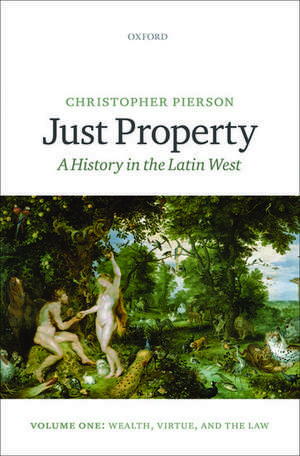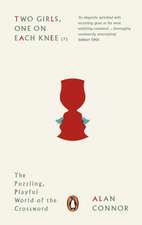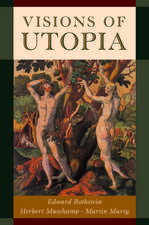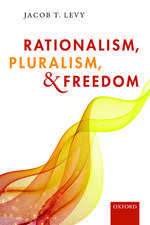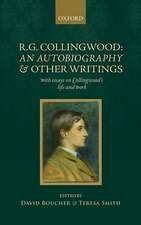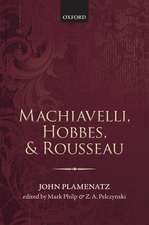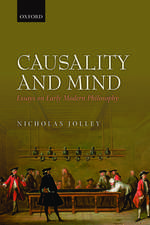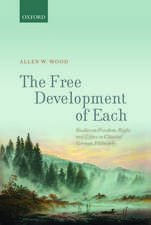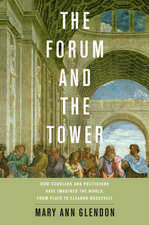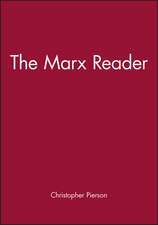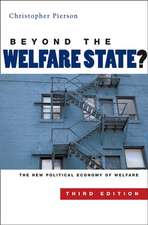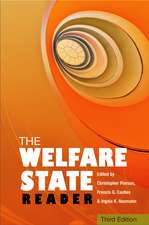Just Property: A History in the Latin West. Volume One: Wealth, Virtue, and the Law
Autor Christopher Piersonen Limba Engleză Hardback – 14 aug 2013
| Toate formatele și edițiile | Preț | Express |
|---|---|---|
| Hardback (3) | 559.80 lei 31-37 zile | |
| OUP OXFORD – mai 2020 | 559.80 lei 31-37 zile | |
| OUP OXFORD – 22 sep 2016 | 563.47 lei 31-37 zile | |
| OUP OXFORD – 14 aug 2013 | 658.32 lei 31-37 zile |
Preț: 658.32 lei
Preț vechi: 944.19 lei
-30% Nou
Puncte Express: 987
Preț estimativ în valută:
125.97€ • 131.86$ • 104.85£
125.97€ • 131.86$ • 104.85£
Carte tipărită la comandă
Livrare economică 19-25 martie
Preluare comenzi: 021 569.72.76
Specificații
ISBN-13: 9780199673285
ISBN-10: 0199673284
Pagini: 302
Dimensiuni: 178 x 241 x 24 mm
Greutate: 0.6 kg
Editura: OUP OXFORD
Colecția OUP Oxford
Locul publicării:Oxford, United Kingdom
ISBN-10: 0199673284
Pagini: 302
Dimensiuni: 178 x 241 x 24 mm
Greutate: 0.6 kg
Editura: OUP OXFORD
Colecția OUP Oxford
Locul publicării:Oxford, United Kingdom
Recenzii
Pierson takes the reader through the Greeks, the Romans, the early Christian church, the Medieval World, the early sixteenth-century, the later sixteenth century, natural law and natural right in the seventeenth century, and seventeenth-century radicals. While this list of topics indicates Piersons ambition, it does little to convey the impressive scholarship that he demonstrates throughout this magnificent book.
In sum, the book is an excellent resource in the history of ideas. Not only does Pierson engage directly with the texts -- from which he has drawn ample excerpts -- he is also engaged with later and present-day work interpreting those texts. In this sense the volume is a useful (though not comprehensive) exposition of the "state of the art" in present-day interpretation of a number of figures, not all of whom are household names ... a great service to political philosophers and others working in this field
Just Property amply illustrates, by historical example, why property should be at the core of political theory. The strength of Just Property is in how it combines rigorous scholarship with witty commentary that quietly celebrates Rousseau's 'heroic failure' and sighs at the German Idealists' knack for starting in all the wrong places.
In sum, the book is an excellent resource in the history of ideas. Not only does Pierson engage directly with the texts -- from which he has drawn ample excerpts -- he is also engaged with later and present-day work interpreting those texts. In this sense the volume is a useful (though not comprehensive) exposition of the "state of the art" in present-day interpretation of a number of figures, not all of whom are household names ... a great service to political philosophers and others working in this field
Just Property amply illustrates, by historical example, why property should be at the core of political theory. The strength of Just Property is in how it combines rigorous scholarship with witty commentary that quietly celebrates Rousseau's 'heroic failure' and sighs at the German Idealists' knack for starting in all the wrong places.
Notă biografică
Chris Pierson has been professor of politics at the University of Nottingham since 1996. He has also held visiting positions at the Johns Hopkins University and the University of California, at the Australian National University in Canberra and at the Hansewissenschaftskolleg in Lower Saxony. He is best-known for his work on welfare states (including the three editions of Beyond the Welfare State? and The Oxford Handbook of the Welfare State, edited with Castles, Leibfried, Lewis and Obinger) but always as part of a much broader interest in the dynamics of social change, which included Socialism After Communism: The New Market Socialism (1995) and Hard Choices: Social Democracy in the 21st Century (2001). He has spent most of this millennium working on the history of ideas of property in the Latin West, convinced that this is the under-considered terrain in which the roots of many of our modern discontents are to be found. The two volumes of Just Property are the first fruits of this project.
